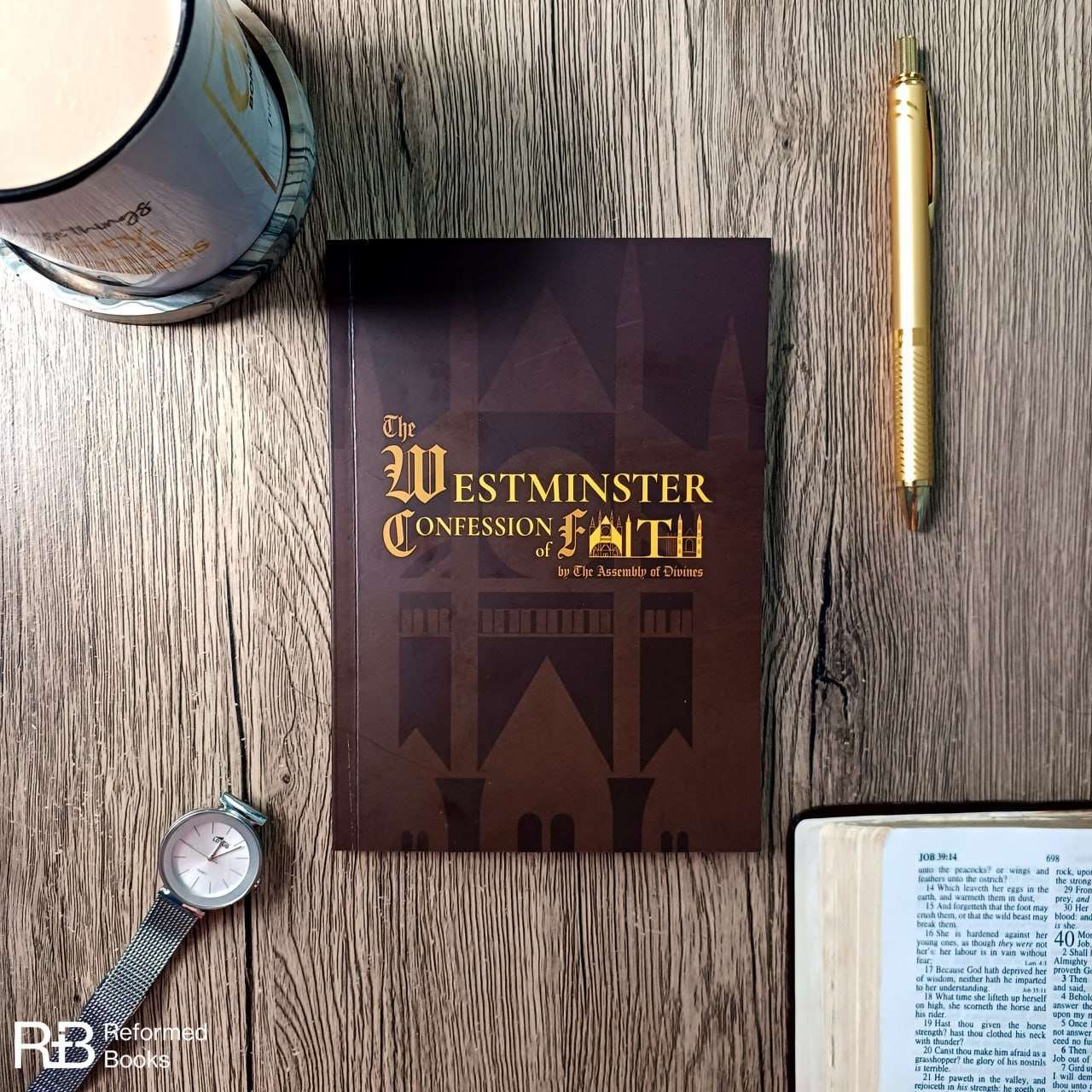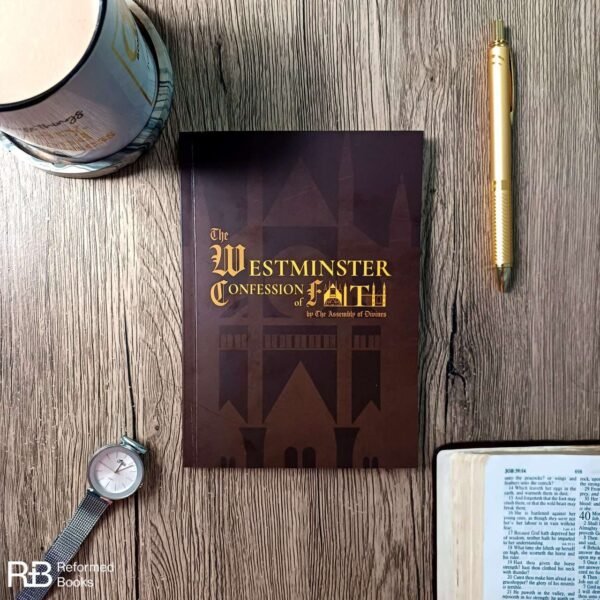The Westminster Confession of Faith is one of the most important doctrinal standards in Presbyterian churches. Drafted in 1646 by the Westminster Assembly, it outlines the core tenets of the Reformed Christian faith. While not all Christians adhere to it, the Westminster Confession provides valuable insights into traditional Protestant beliefs. In this blog post, we’ll explore the background, purpose, and key contents of the Westminster Confession of Faith.
Background of the Westminster Confession
In 1643, the English Parliament called upon clergy from the Church of England to convene at Westminster Abbey to discuss church reforms. This gathering became known as the Westminster Assembly. Parliament tasked the Westminster Assembly with revising the Thirty-Nine Articles of the Church of England as well as creating doctrinal standards for the church.
Over the next few years, the Westminster Assembly drafted several important documents, the most influential being the Westminster Confession of Faith. Work began on the confession in 1646 and was completed by 1649. The Scottish Parliament adopted the confession in 1647. Today, many Presbyterian churches worldwide still hold to the Westminster Confession as their statement of faith
Purpose of the Westminster Confession
The Westminster Confession of Faith aimed to provide a clear summary of Christian beliefs as understood by the Reformed tradition. It covers major doctrines like the Trinity, God’s sovereignty, salvation, sanctification, and the sacraments. The confession helped unite various Protestant groups and served as a theological standard for English-speaking Protestants.
While not meant to be exhaustive, the Westminster Confession provides precise theological definitions and detailed explanations of Biblical teachings. The authors strove to ground all statements in Scripture while also appealing to human reason. By clearly articulating Reformed theology, the confession also refuted teachings of the Roman Catholic Church and Church of England at the time
Key Sections and Teachings
- On Scripture: The Bible is the inspired, inerrant, complete Word of God, containing all that is necessary for salvation.
- On God: There is only one God who exists in three persons: the Father, the Son, and the Holy Spirit.
- On Divine Decrees: God ordains all that comes to pass, including the salvation of the elect and condemnation of the reprobate.
- On Creation: God created the world and humankind perfect, but humans fell into sin through Adam’s disobedience.
- On Christ: The eternal Son became incarnate, lived a sinless life, died for the sins of the elect, and was bodily raised on the third day.
- On the Holy Spirit: The Spirit applies salvation, dwells in believers, comforts, sanctifies, and empowers them for holy living.
- On the Gospel: Justification is by faith alone in Christ alone because of God’s grace alone.
- On the Church: The invisible church consists of all the elect; the visible church must have proper preaching, sacraments, and discipline.
- “If the foundations be destroyed, what can the righteous do?” (Psalm 11:3)
The Westminster Confession of Faith
Drawn up by the 1646 Westminster Assembly as part of the Westminster Standards to be…




